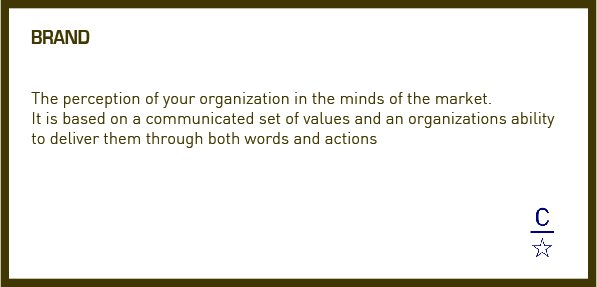Paul asks the common sense question👇 “C’mon. Trump knew a crime was happening and did nothing. That has to be criminal, right?”
Not necessarily. Besides, Mueller went for something much bigger.
Take out your notebooks. It’s time for Twitter Law 101.
The legal explanation:
Every crime has two elements: Mens Rea (a guilty mind, or intention) and Actus Rea (a bad act.)
law.cornell.edu/wex/actus_reus
Both parts are necessary.
And now for the policy explanation. . .
So the general rule is that there is no legal duty to report an on going crime.
There are, however, exceptions.
criminal.findlaw.com/criminal-charg…
childwelfare.gov/topics/systemw…
Ever since Trump popularized the phrase “no collusion!” people mostly (but not always) use “collusion” to mean “conspiracy.”
We start with the rule: 18 U.S. Code § 371 (conspiracy) has two elements. . .
law.cornell.edu/uscode/text/18…
💠Two or more persons conspire to commit any offense against the US or to defraud the US or any agency,
💠One or more of such persons do any act to affect the object of the conspiracy.
Prosecutors have discretion on what to charge. I accept Mueller’s conclusion.
What most surprised me was that Trump wasn’t charged with accessory liability.
Then I pondered this: justice.gov/jm/criminal-re…
These are elements as of Aiding and Abetting used by the DOJ.
💠#1: the accused had specific intent to facilitate the commission of a crime;
💠#2: the accused had the requisite intent of the underlying substantive offense;
💠#3: the accused assisted or participated . . .
💠#4: someone committed the underlying offense.
Each requires evidence beyond a reasonable doubt (a high standard).
The only easy one is the last (someone committed a crime).
Element #3 is the problem.
That’s a different crime: accessory after the fact, which basically means you found out about a crime after it happened, and then helped out somehow.
Accessory After the Fact has 2 elements:
💠 knowing that an offense against the United States has been committed,
💠 receives, relieves, comforts or assists the offender in order to hinder or prevent his apprehension, trial or punishment.
The second also seems easy: Trump obviously helped the perpetrators by lying about what was happening, and trying to shut down the investigation.
Tuesday, Mueller said: “Obstruction strikes at the core of the government’s efforts to find the truth and hold wrongdoers accountable.”
The Trump Spin Machine claimed that since Trump didn’t engage in a conspiracy with Russia, he can’t be guilty of obstructing an inquiry in to conspiracy.
The point of the inquiry was to learn about Russia’s attack on our election (as well as "links and or/ coordination" between Russia & Team Trump.)
So why didn’t Trump want Americans to learn about Russia's attack?
💠He knew they helped put him into the White House and this delegitimizes his presidency, and
💠Fox-Trump-GOP has been carrying on a secret love affair with Russia for years—and Trump tries hard to keep his secret love affairs secret.
Mueller couldn’t charge Trump with ANY crime—so why bother with small time accessory after the fact?
Instead Mueller went for the big picture crime: Corrupt use of government authority.
@AshaRangappa_ said that she is less alarmed than others because she has seen how sausages are made . . . (see next tweet).
womanlynews.com/us/fbi-agent-t…
Killing democracy by undermining public confidence is easier, smarter (and less bloody) than using bombs and guns.
End/






